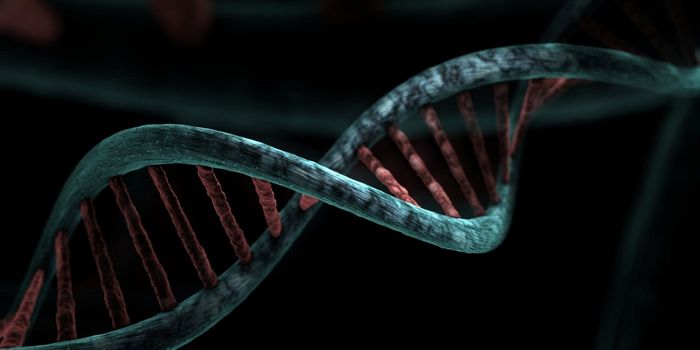Why Sleep is Good for Us
Animals spend a lot of their lifetime asleep, and scientists have sought to understand the physiological purpose of all that spent time. Every organism with a nervous system needs sleep, and now scientists believe they have identified a reason why it’s so critical. Using a zebrafish model and three-dimensional time-lapse imaging, the researchers found that essential maintenance of DNA occurs in neuronal cells during sleep. The findings, which were reported in Nature Communications, may also indicate why sleep disruption has a significant impact on cognitive function and aging.
As other animals and we go through life, we accumulate damage in our genomes because of environmental factors like oxidative stress and radiation, and also because of minor problems that can arise in cells. Cells have ways of repairing DNA damage, but this work indicates that during times of wakefulness, chromosome dynamics are low, damage in DNA builds up and can even become unsafe. Sleep aids the cell in repairing that damage and increasing chromosome dynamics; to maintain DNA efficiently, an organism must be asleep, and activity in the brain must be low.
"It's like potholes in the road," said study leader and Professor Lior Appelbaum of Bar-Ilan University's Mina and Everard Goodman Faculty of Life Sciences and Gonda (Goldschmied) Multidisciplinary Brain Research Center. "Roads accumulate wear and tear, especially during daytime rush hours, and it is most convenient and efficient to fix them at night when there is light traffic."
As we remain awake, problems in our DNA accumulate, which Appelbaum called the "price of wakefulness." The research team he led proposed that in neurons, sleep allows for critical DNA maintenance to occur in the nucleus of the cells. With their zebrafish model, they were able to visualize brain activity in live animals, and with high-resolution imaging, they saw that at night while the fish are resting, chromosomes are more active. Perhaps counterintuitively, the increase in dynamics ramps up the efficiency of DNA repair.
Chromosome dynamics may be a biomarker for defining cells as asleep and suggest that nuclear maintenance is why sleep is restorative.
"We've found a causal link between sleep, chromosome dynamics, neuronal activity, and DNA damage and repair with direct physiological relevance to the entire organism," Appelbaum explained. "Sleep gives an opportunity to reduce DNA damage accumulated in the brain during wakefulness."
"Despite the risk of reduced awareness to the environment, animals ranging from jellyfish to zebrafish to humans have to sleep to allow their neurons to perform efficient DNA maintenance, and this is possibly the reason why sleep has evolved and is so conserved in the animal kingdom," concluded Appelbaum.
The video above by Harvard University contains a presentation on why sleep is beneficial.
Sources: AAAS/Eurekalert! via Bar-Ilan University, Nature Communications









